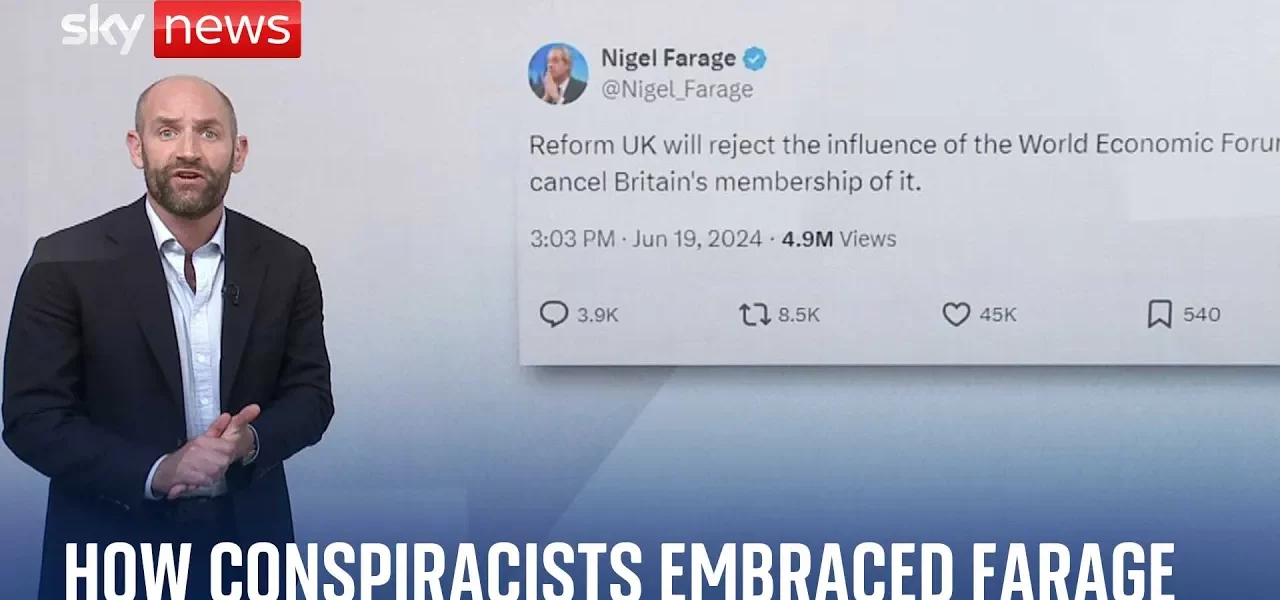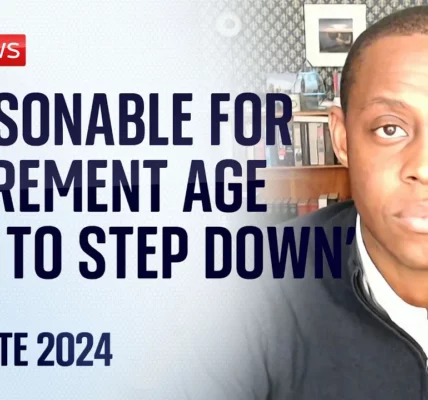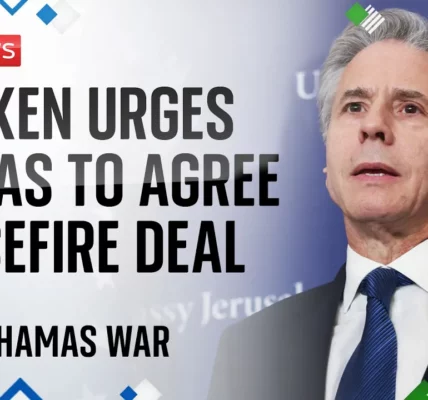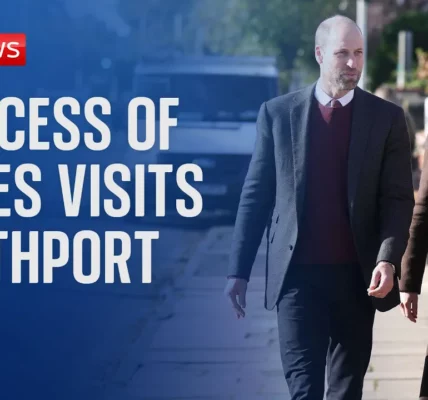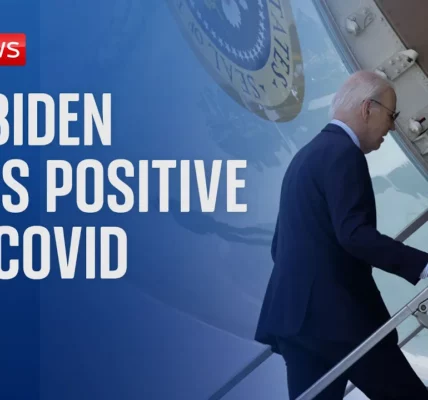Analyzing the Online Campaign Dynamics of the General Election

This article provides a comprehensive analysis of the online campaign landscape during the recent general election, highlighting the impact of various social media platforms and the rise of conspiracy theories within political discourse.
Introduction to Online Campaigning During Elections
In the digital age, social media has transformed the way political campaigns are conducted. The recent general election showcased how platforms like TikTok, Instagram, X (formerly Twitter), and Facebook serve as battlegrounds for political discourse. These public-facing platforms operate under strict content moderation policies, ensuring that posts violating guidelines are swiftly removed. However, the emergence of smaller platforms such as Telegram presents a contrasting landscape where free speech reigns supreme, allowing unfiltered discussions and fostering the growth of conspiracy theories and nationalist sentiments. This article delves into the nuances of online campaigning, the role of various platforms, and the significant impact of conspiracy theories on public perception and political engagement.
Main Battlegrounds of Online Campaigning
Understanding the main platforms utilized during the general election is critical to analyzing the overall online campaign strategy. Each platform has its unique characteristics that influence how political messages are disseminated and received.
Key Social Media Platforms
- TikTok: A platform known for its short, engaging videos that attract a younger demographic, making it a vital tool for reaching first-time voters.
- Instagram: With its visual appeal, Instagram serves as an ideal platform for political branding and campaign promotion through eye-catching graphics and stories.
- X (formerly Twitter): This platform is often used for real-time updates and discussions, enabling rapid dissemination of information and facilitating direct engagement between politicians and voters.
- Facebook: Despite its declining popularity among younger users, Facebook remains a significant platform for community building and targeted advertising.
The Role of Telegram in Political Discourse
Telegram has emerged as a unique platform in the context of political campaigning due to its minimal content moderation. This lack of restrictions has made it a haven for free speech, where various groups, including conspiracy theorists and nationalist organizations, can freely express their views and mobilize support.
Free Speech and Conspiracy Theories
On Telegram, closed groups have proliferated, allowing users to engage in discussions without the fear of censorship. This has resulted in a significant rise in conspiracy theories, particularly those aligning with political movements like Reform UK. The absence of content moderation means that misinformation can spread rapidly, influencing public opinion and potentially swaying election outcomes.
Monitoring Conspiracy Accounts
Collaborating with open-source intelligence agencies, researchers have monitored over 900 Telegram accounts linked to conspiracy theories, amassing a following of more than 15 million users. This surge in engagement coincided with key moments in the general election, showcasing the platform’s role in shaping political narratives.
Impact of Nigel Farage and Reform UK
Nigel Farage’s return as the leader of Reform UK played a pivotal role in the online conversations surrounding the election. His announcements and social media activity sparked significant engagement among various groups on Telegram, highlighting the interconnectedness of political campaigns and conspiracy narratives.
Key Moments During the Campaign
- Announcement of Candidacy: Farage’s announcement to run as a candidate for Reform UK led to a spike in discussions, with various conspiracy groups leveraging this momentum to recruit supporters.
- Contentious Tweets: Throughout the campaign, Farage made claims regarding election interference and the influence of organizations like the World Economic Forum (WEF), which are often viewed as antagonists by conspiracy theorists.
- Conspiracy Theories and Mobilization: The convergence of conspiracy theories with Farage’s political messaging highlighted a strategic use of these narratives to galvanize support.
The Crossroads of Nationalism and Conspiracy
There is a notable overlap between right-wing nationalist groups and conspiracy theorists on platforms like Telegram. This intersection has proven advantageous for political movements such as Reform UK, which capitalized on the existing sentiments within these communities.
Support from Nationalist Leaders
Prominent figures within nationalist organizations have publicly endorsed Reform UK, further solidifying its position within this segment of the electorate. Notably, figures like Tommy Robinson have stated that Reform is the only viable option for voters concerned about national identity and sovereignty.
Engagement and Mobilization Strategies
The strategies employed by Reform UK to engage with these groups include:
- Targeted messaging that resonates with nationalist sentiments.
- Utilizing conspiracy theories to attract attention and recruit supporters.
- Encouraging participation in local elections and mobilizing grassroots efforts.
Conclusion
The dynamics of online campaigning in the recent general election reveal significant insights into how social media, particularly platforms with minimal content moderation like Telegram, shape political discourse. The rise of conspiracy theories and the alignment of these narratives with established political movements underscore the importance of understanding these interactions. As political campaigns continue to evolve in the digital landscape, it is crucial for stakeholders to recognize the implications of these developments on democracy and public engagement. To stay updated on the latest insights into political campaigning and social media dynamics, be sure to explore our related articles.
“`
